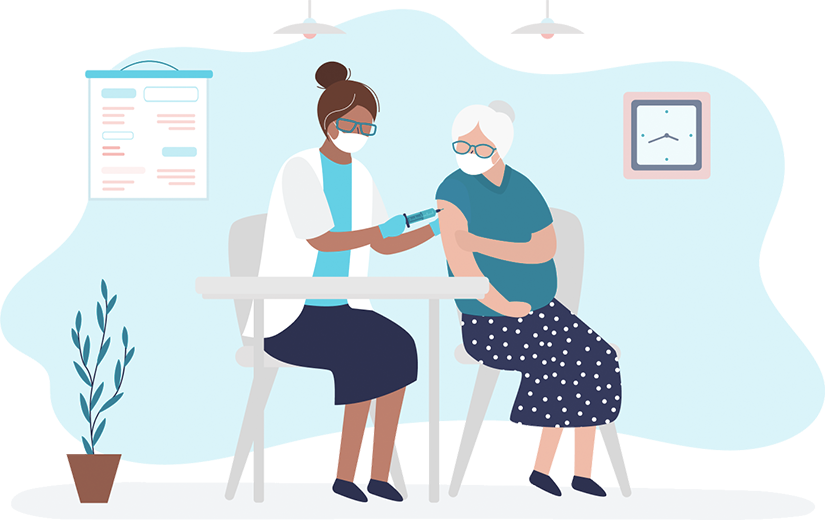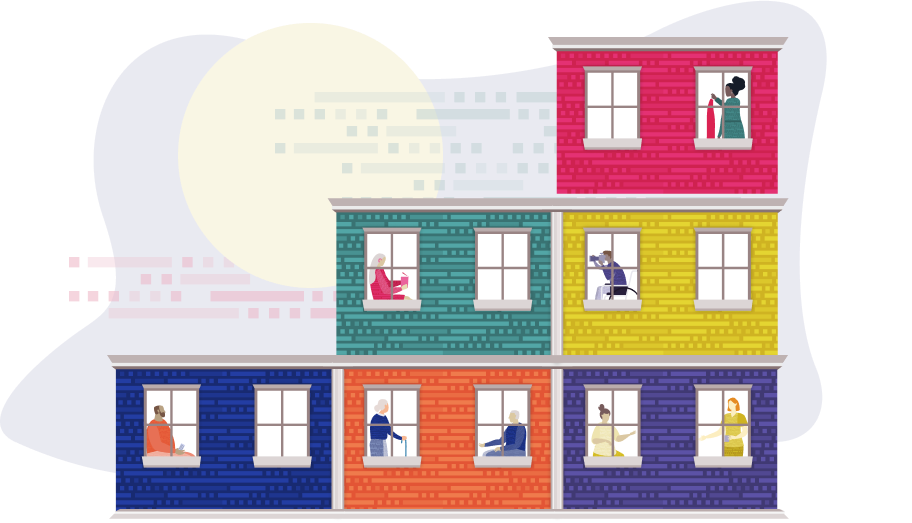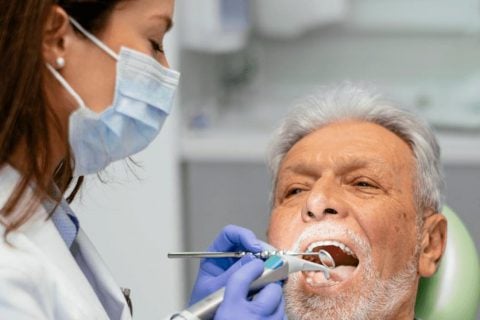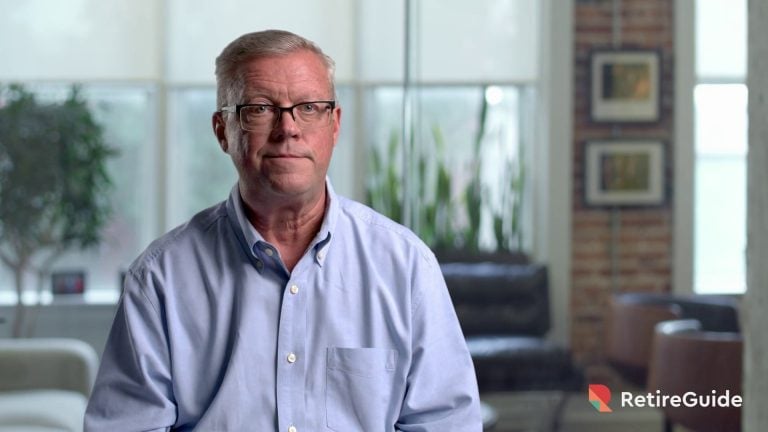
Your Guide to a Better Retirement
At RetireGuide, we're dedicated to providing the most up-to-date and accurate information about financial decisions that affect your retirement.

Retirement Decisions Made Easy
Whether you are in the early stages of retirement planning or looking for ways to grow your retirement savings, we’re here to help make those decisions easier.
-
Medicare
 Understand Medicare and the health care choices you have in retirement, including Medicare Advantage plans and supplemental insurance policies.
Understand Medicare and the health care choices you have in retirement, including Medicare Advantage plans and supplemental insurance policies. -
Annuities
 An annuity is a type of insurance product that can help you secure a steady cash flow in retirement and reduce the risk of outliving your retirement assets.
An annuity is a type of insurance product that can help you secure a steady cash flow in retirement and reduce the risk of outliving your retirement assets. -
Life Insurance
 Having a strong life insurance policy is an important part of a well-rounded retirement plan because it provides a safety net to anyone who depends on you financially.
Having a strong life insurance policy is an important part of a well-rounded retirement plan because it provides a safety net to anyone who depends on you financially. -
Retirement Planning
 No matter what stage of retirement planning you’re in, we have answers to your questions about investment options, income strategies and health care in retirement.
No matter what stage of retirement planning you’re in, we have answers to your questions about investment options, income strategies and health care in retirement.
Read Our Latest Featured Articles and Guides
RetireGuide’s featured articles tackle controversial topics that impact retirees and their families. These in-depth articles address issues such as rising Medicare costs, mental health in the elderly and financial wellness.

How Medicare Advantage Took Over Senior Health Care
Medicare Advantage’s march to dominance is approaching a major milestone. After years of rapid growth, the majority of Medicare beneficiaries may be enrolled in a private plan as early as 2023. But the story of how Medicare Advantage took over senior health care suggests that the sky is still the limit for the program, and the growth may be far from over.
Read More

Medicare Costs: Why You May Pay More for Health Care
Several factors, including age, income and health status, impact how much a Medicare beneficiary pays for health care. As federal health care expenditures rise, Medicare beneficiaries will likely see out-of-pocket costs increase in 2023 and beyond.
Read More
Featured Guides
Our guides provide comprehensive information about a variety of retirement topics. These resources educate and empower you to reach your retirement goals.
Explore Our Tools and Resources
-
 Calculate Your Life ExpectancyLife expectancy is a key factor in determining how much money you will need in retirement. Use our calculator to estimate how long you will live.
Calculate Your Life ExpectancyLife expectancy is a key factor in determining how much money you will need in retirement. Use our calculator to estimate how long you will live. -
 Plan For Open Enrollment with our Medicare SimulatorSelect from various medical scenarios and learn how different Medicare options may work alone or together to pay for health care.
Plan For Open Enrollment with our Medicare SimulatorSelect from various medical scenarios and learn how different Medicare options may work alone or together to pay for health care.
How We're Different
Our mission is to provide accurate, useful information to help you reach your retirement goals.
Featured In
Awards and Recognition
RetireGuide has been recognized for excellence in overall website content and design by the FCS Portfolio Awards and the APEX Awards for Publication Excellence.
-
 RetireGuide received an APEX 2021 Award of Excellence for the entire website — including content and design — against 51 entrants. The annual awards honor corporate and nonprofit publishers, editors, writers and designers. APEX is sponsored by the editors of Writer’s Web Watch, published by Communications Concepts Inc.
RetireGuide received an APEX 2021 Award of Excellence for the entire website — including content and design — against 51 entrants. The annual awards honor corporate and nonprofit publishers, editors, writers and designers. APEX is sponsored by the editors of Writer’s Web Watch, published by Communications Concepts Inc. -
 RetireGuide won a Gold trophy in the 27th annual FCS Portfolio Awards in the Consumer Retail Website category. More than 40 executives from financial services firms and agencies judged the entries for the 2021 competition.
RetireGuide won a Gold trophy in the 27th annual FCS Portfolio Awards in the Consumer Retail Website category. More than 40 executives from financial services firms and agencies judged the entries for the 2021 competition.

A Team of Experts
We’re dedicated to covering all aspects of the retirement process to help you obtain a financially sound — and fun — life in your golden years. Our team of award-winning writers and editors uphold a high editorial standard that is unmatched in the retirement space.
Information You Can Trust
Transparency in our content is important. Our information is fact-checked and properly sourced from federal agencies, reputable news outlets, peer-reviewed financial journals and nonprofits and advocacy organizations.



